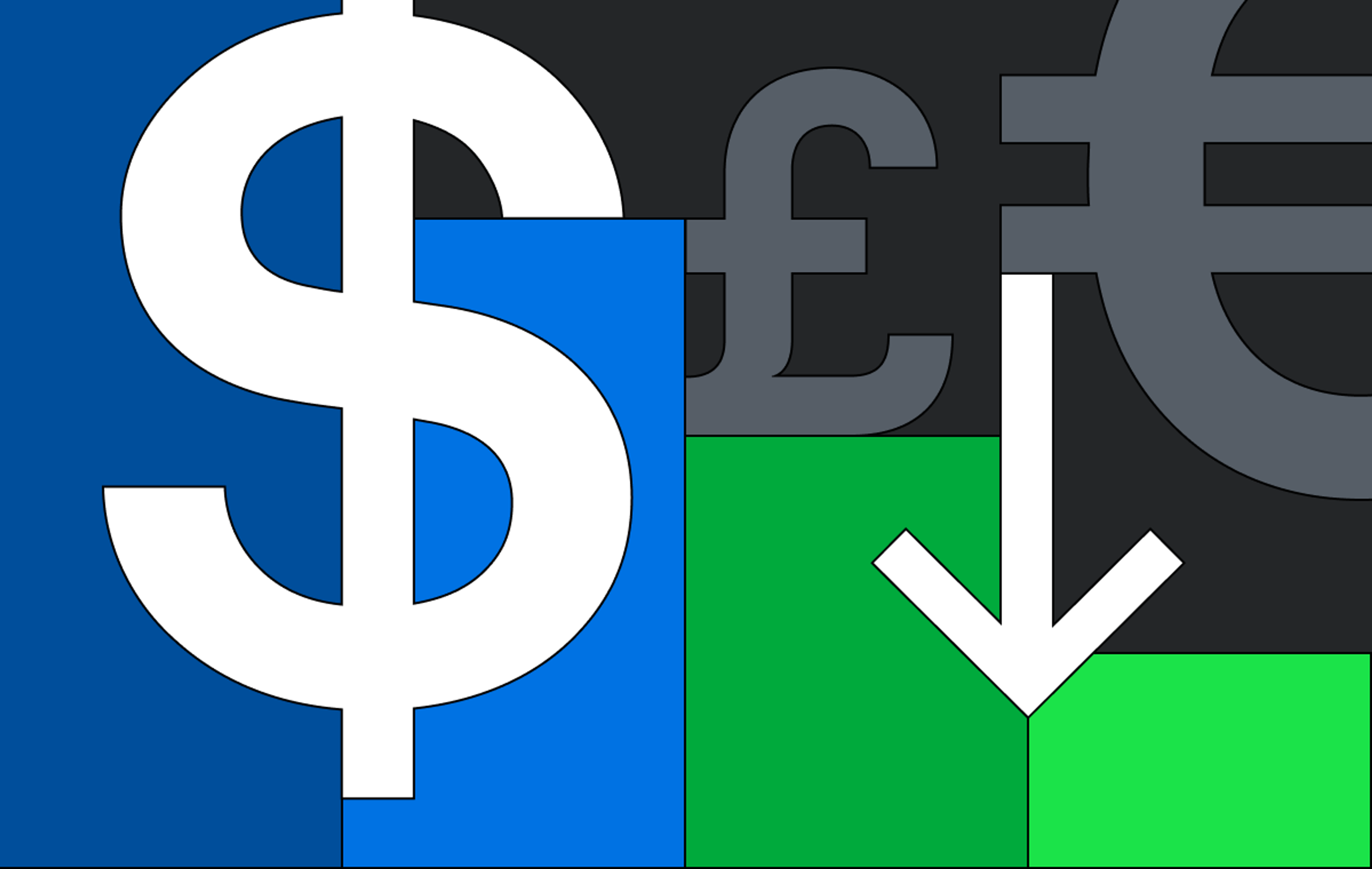Five years ago, I wrote a blog post outlining a key motivation for why we launched Mux Video, entitled “Video is too hard.” That was true then and is still true now, and it’s the reason Mux exists.
Why is video hard? For video to stream, a dozen hard problems need to be solved. There’s the massive compute needed for video encoding; globally distributed content delivery; figuring out playback in every browser, mobile device, or TV; and legal issues, including patent trolls that periodically snipe at anyone streaming video.
Honestly, it’s a minor miracle that video works as well as it does on the internet today. The internet wasn’t designed for video — especially video at scale.
All of this complexity is due to the fact that video is exceptionally heavyweight. Uncompressed video bitrates are measured in gigabits per second, not megabits per second. Even if you have a gigabit connection, millions of people watching gigabit video would very quickly bring the internet to a screeching halt.
In other words, it takes enormous amounts of compute, storage, and bandwidth to turn the internet into a reasonable system for video distribution.
This creates a second problem. Video is too expensive. Even with massive investments in compression, and bandwidth optimization, and scale, video is fundamentally expensive and needs to get cheaper.
When we launched Mux Video five years ago, the difficulty of video held developers back. Now, developers are held back by cost. For many companies streaming video at scale, video is their #1 COGS line item—often bigger than their AWS or GCP bill.
Over the next 12 months, Mux is going to solve this problem through a series of new features, technical innovation, and price decreases.
How video should be priced
At its foundation, online video should be priced as a commodity. The basics of video streaming should be inexpensive and a relatively low-margin business, with two key metrics: how much video is watched (i.e., delivery) and how much video is available to be watched (i.e., storage and encoding). These metrics represent the two bits of value that a video publisher receives from core video.
Of course, many people want to do more than just stream bare-bones video. You might also need things like reliable live streaming, high security, AI enrichment, monetization, extra layers of redundancy, protection from fraud and abuse, premium quality, etc. So on top of that commodity foundation, advanced features and workflows should be optionally available for purchase.
Video should also be priced by the minute, not by the GB. This is for two reasons. First, the actual value of video isn’t in the bits being transferred; it’s in the time spent watching. Second, pricing by the GB creates misaligned incentives: a platform only needs to raise bitrates in order to grow revenue.
What we’re doing
Today we're announcing the next pricing lever, baseline video assets.
Baseline assets are a cost-effective alternative asset type for on-demand video, with no upfront cost for encoding. They're optimized for simpler streaming video use cases, where a high cost of encoding may be restrictive to your business model.
Next, we’ll tackle storage pricing.
We sometimes say that video should be a “primitive” of the internet, like images. At its foundation, video should be a utility, like water or electricity. I turn on my faucet, and clean, safe water comes out. I turn on my video API, and video streams seamlessly at high quality.
This isn’t the case yet for video. If you want to add images to your application, you add images to your application. If you want to add video to your application, you either build complex and expensive infrastructure, or you use Mux. Video is still too complex and expensive to be truly democratized, but we’re working on getting there.
Learn more about baseline video assets


